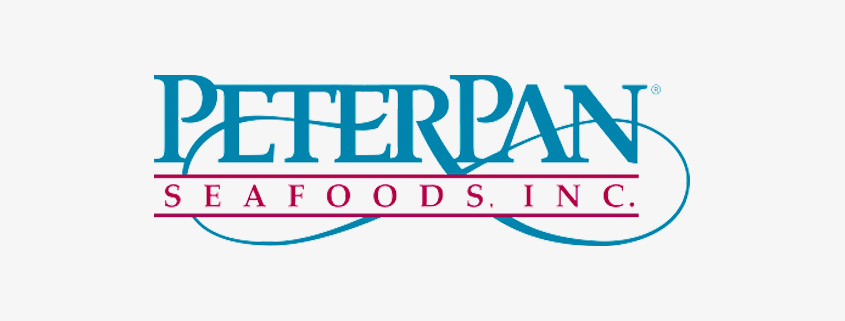Maruha Nichiro closes deal to offload Peter Pan Seafoods
Maruha Nichiro, the world’s largest seafood company, has finalized the sale of Alaska seafood processor Peter Pan Seafoods, sources familiar with the deal told IntraFish on Monday.
Tokyo-based Maruha Nichiro announced in November it reached a deal to sell the company to an investment group including Alaska-based private equity group McKinley Capital Management and Rodger May, the former owner of Washington State salmon farms now owned by Cooke Aquaculture. The deal closed Dec. 31.
Maruha said at the time it expected a loss of roughly $27.9 million (€23.9 million) on the sale, after several months of unsuccessful efforts to sell the group.
Maruha began the sales process for Peter Pan Seafoods earlier this year, following a dismal 2019 Alaska salmon season. Last year’s salmon season was also a challenge for the group as competition continued to intensify in the state.
Ignacio Kleiman, managing partner at Antarctica Advisors, which is handling the sale, declined to comment on the sale to IntraFish.
Officials at McKinley Capital Management were unable to comment at the time of publication, but the company is expected to release information on the deal later today.
IntraFish was unable to reach Rodger May by time of publication.
A long history
Peter Pan, one of Alaska’s oldest salmon processing companies, has had a slew of owners since its establishment in the late 1800s. The first major ownership change was the sale to the Bristol Bay Native Corporation (BBNC), which acquired the company from the family of Seattle industrialist Nick Baz in 1975 for $8 million.
BBNC, which recently re-entered the seafood sector through the acquisition of Pacific cod giants Clipper Seafoods and Blue North, sold the group four years later to Nichiro, which merged with rival Maruha in 2007.
Pan-Alaska seafood operations
Peter Pan’s operations span Central and Southeast Alaska. The company processes salmon in Valdez, King Cove, Port Moller and in Dillingham, its oldest operation.
The company’s canned salmon brands, Deming’s and Double Q, are among the top-selling brands in the US market.
Peter Pan also processes halibut, cod, king crab and pollock in King Cove and Valdez.
The company rebuilt and upgraded its facility in Port Moller, Alaska, to significantly increase daily throughput as well as increase production of value-added products.
Trouble at home
Maruha Nichiro saw profits tumble in its fiscal year ending March 2020, in large part due to struggles at its overseas operations, with Peter Pan highlighted as one of the problem areas in need of “drastic cost cutting.”
The company’s net sales from its North America operations, which in addition to Peter Pan include Westward Seafoods, Alyeska Seafoods, Premier Pacific Seafoods and Trans-Ocean Products, fell 6.7 percent during fiscal year 2020 to JPY 110.9 billion ($1 billion/€898 million), and the group posted a loss of JPY 300 million ($2.7 million/€2.4 million).




